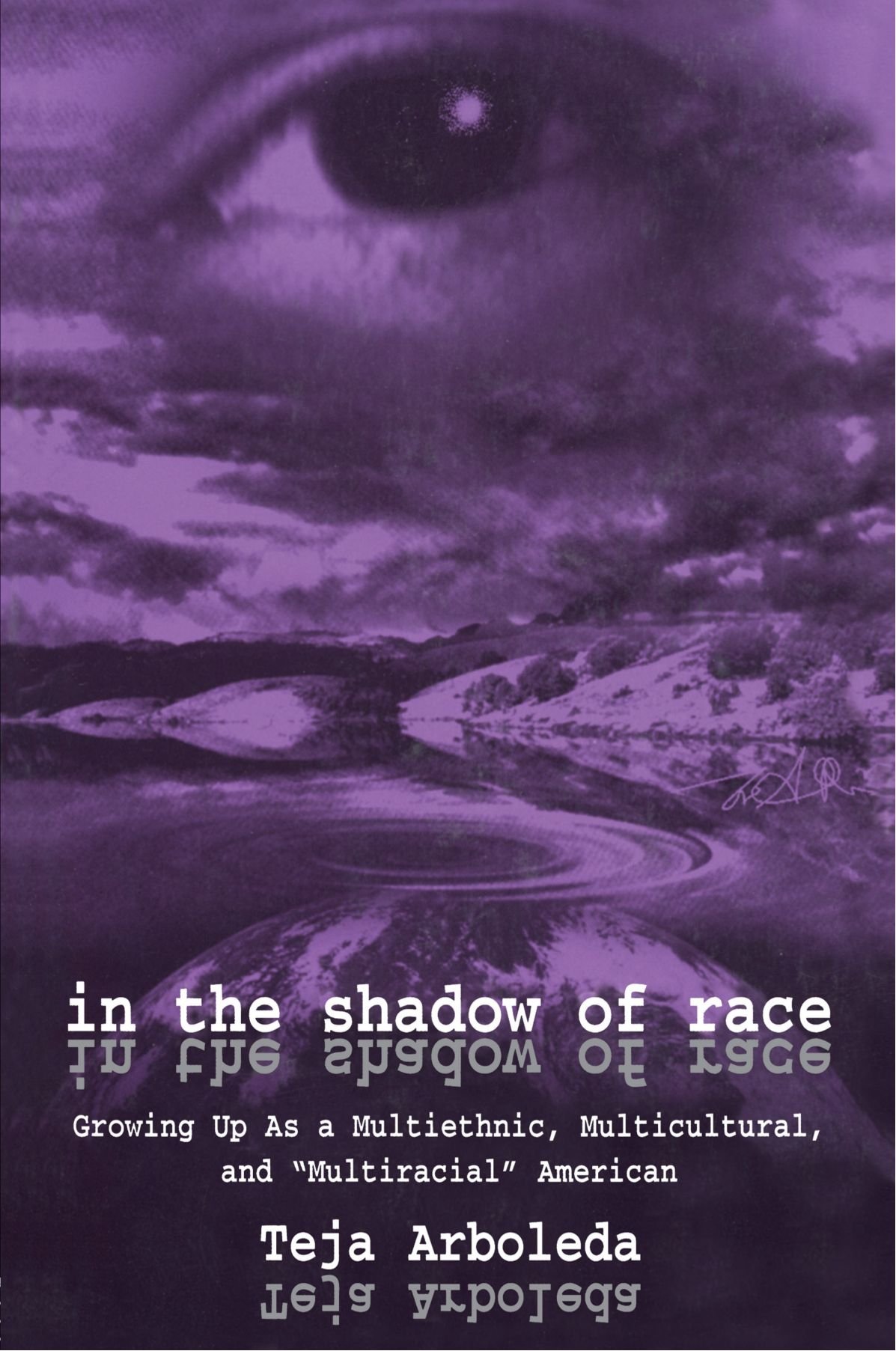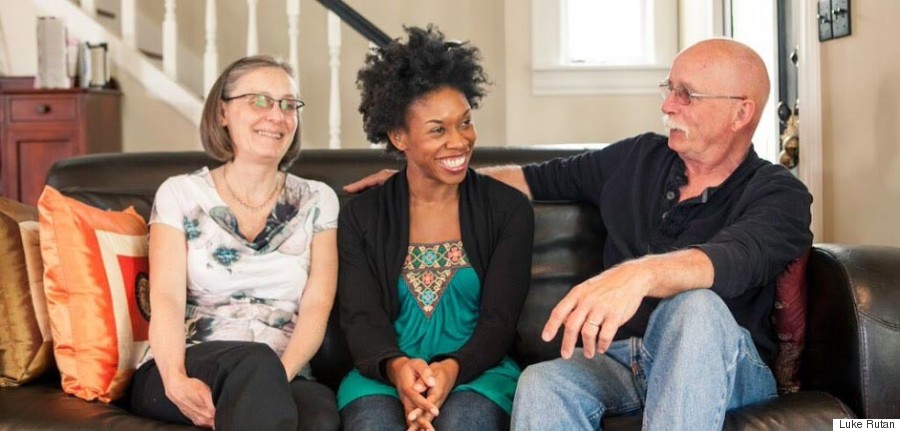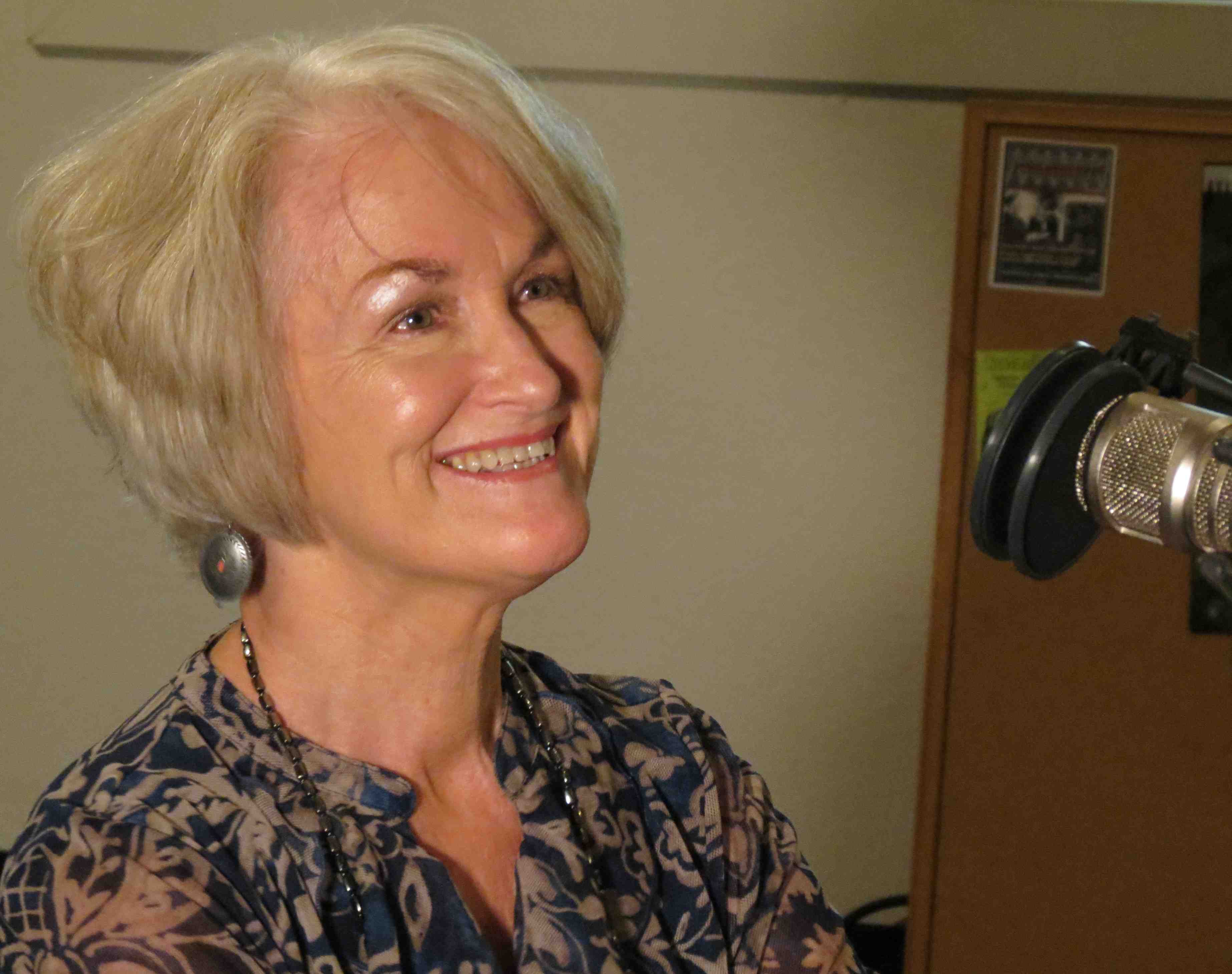The Divine Auditor
Prarie Schooner: Stories, Poems, Essays, and Reviews since 1926
Volume 87, Issue 2 (2013 Summer)
Sarah Valentine, Visiting Assistant Professor of English
Northwestern University, Evanston, Illinois

It is still dark when my cell phone begins to buzz. When I flip it open, my mother’s voice comes through a connection often interrupted by the apartment building’s iron girders. We make some awkward small talk and then she says:
“I guess you want to talk about the email you sent me last week.”
“Yes,” I whisper, trying not to wake my boyfriend, Zoran, who is asleep beside me. I glance at the clock and realize it is 6:30 a.m..
“Before I say anything,” she says after a long pause, “tell me if you think we’ve always loved you.”
I begin to tear up at this, and I feel my body grow weak. I know what is coming.
“Of course,” I manage.
She too begins to cry and through sobs tells me a disconnected story about when she was at a spring break house party as a sophomore in college. Someone put something in her drink… She woke up the next day knowing something had happened, someone had taken advantage of her.
“Are you saying . . . you were raped,” I ask, trying to soften my voice as I do so. She cries and does not answer. “Was he . . .” I continue but cannot finish the sentence.
“Yes,” she says. “He was African American.”
“He was black . . .”
“He was,” she says.
“Who was it?” I ask, clambering over Zoran in my underwear, taking the phone into the hallway so as not to wake him.
“I don’t know,” she says. “I don’t remember.”
Now I don’t know what to say. I want to know more, but her crying, her hurt sounds make me afraid to push. I know that I am sounding harsh when I speak again, but I can’t help it. She doesn’t know who it was, but she knows he was black. She knows that. How does she remember that? But I don’t ask her that.
“Why are you only telling me this now?” I say.
“Because you asked. I have to go, I’m going to be late,” she says.
Then she hangs up and goes to her shift at the hospital.
I stand there shivering in the dark. I cannot decide which is more shocking; that I was conceived in rape or that my father is not the man I’ve grown up with, but some black guy my mother went to school with, whose name she does not remember, who may or may not have drugged her. I have so many questions, but it is this that sticks in my head: both of my parents and my two younger brothers are white. After years of suspecting I was not, finally at the age of twenty-seven I gathered the courage to ask my mother about it. And this is how she tells me. I don’t even know if my father knows. I mean the man I have called my father for twenty-eight years. Is this a secret from him, too? Sadness mixes with anger and disbelief. But there is also a sense of resolution; so I’m not a freak of nature. There is a rational explanation for me after all. This is what I tell myself, but none of it is rational. My brain is still trying to make sense of it all…
Read an excerpt of the essay here.





